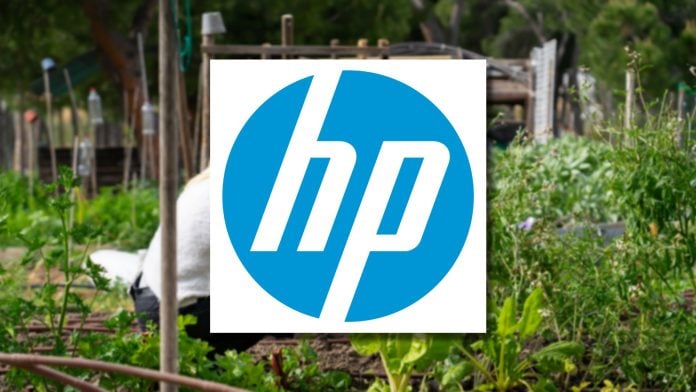HP has announced a bold vision for the future of work, presenting an opportunity for small businesses to align growth with sustainability and social responsibility. In a recent communication from HP’s CEO, the company emphasized its commitment to create lasting community impact while enhancing employee fulfillment. This dual focus on corporate responsibility and innovation is positioned as a key driver of long-term business success.
At the core of HP’s strategy lies a foundation of integrity, trust, and a commitment to environmental stewardship—principles that have shaped the company for decades. For small business owners looking to deepen their connections with consumers, these values offer a roadmap for not just surviving but thriving in today’s competitive landscape. In a world increasingly driven by conscious consumerism, creating an ethos of responsibility can strengthen brand loyalty and attract new customers.
HP reported achieving significant milestones in its sustainability journey, including the transition to 100% renewable electricity in its U.S. operations, a vital step towards its goal of a net-zero future. This move underscores an essential trend for small businesses: integrating green practices into operational strategies can not only mitigate environmental impact but also enhance a company’s bottom line. By adopting sustainable energy in their own operations, small businesses can potentially reduce costs and leverage this commitment as a marketing tool.
Additionally, HP’s digital equity programs have made strides in addressing educational disparities, reaching over 65 million people since 2021. Their partnership with YMCA has led to the establishment of more than 390 Digital Hubs, impacting over 800,000 individuals across 22 countries. For small business owners, this highlights the importance of investing in community development and workforce readiness. Such initiatives not only create a better-prepared labor pool but also cultivate goodwill among local communities, ultimately benefiting companies as they seek employees with necessary skills.
HP’s outreach reflects a strategic perspective that small businesses might emulate by developing programs that enhance digital literacy and provide resources to underprivileged communities. Collaborating with local educational institutions or nonprofits can be a game-changer, positioning a business as a community leader and a proactive participant in addressing social issues.
However, with opportunities come challenges. Small business owners must be mindful of the logistics and costs associated with implementing sustainable practices. Transitioning to renewable energy or initiating corporate social responsibility (CSR) initiatives requires upfront investment that can strain budgets. Analyzing the return on investment and the long-term brand benefits will be crucial. It’s vital for small businesses to approach sustainability as an essential element of their strategy rather than an afterthought.
Amid these innovations, HP has been recognized with a platinum medal from EcoVadis, being placed in the top 1% of companies globally for sustainability practices. This accolade serves as a powerful reminder for small business owners that commitment to sustainable practices can enhance credibility and open doors to new partnerships. Collaborations with like-minded companies and organizations can amplify efforts and produce meaningful societal benefits.
Furthermore, HP emphasizes the transformative potential of leveraging technology not merely as a productivity tool but as a platform for fulfillment. This perspective invites small businesses to rethink their technological investments. By choosing tools that not only streamline operations but also contribute to a positive workplace culture, small businesses can enhance employee satisfaction and retention—key factors in a competitive labor market.
As HP charts its path toward a more inclusive and sustainable future, small business owners are encouraged to consider how they might integrate similar values and goals into their own operations. As the business landscape evolves, those that prioritize sustainability, social impact, and employee well-being will likely lead the way.
For more information on HP’s ongoing efforts and the full details from their recent CEO letter, you can read the original post here.
Image Via Envato: Aaaarianne



